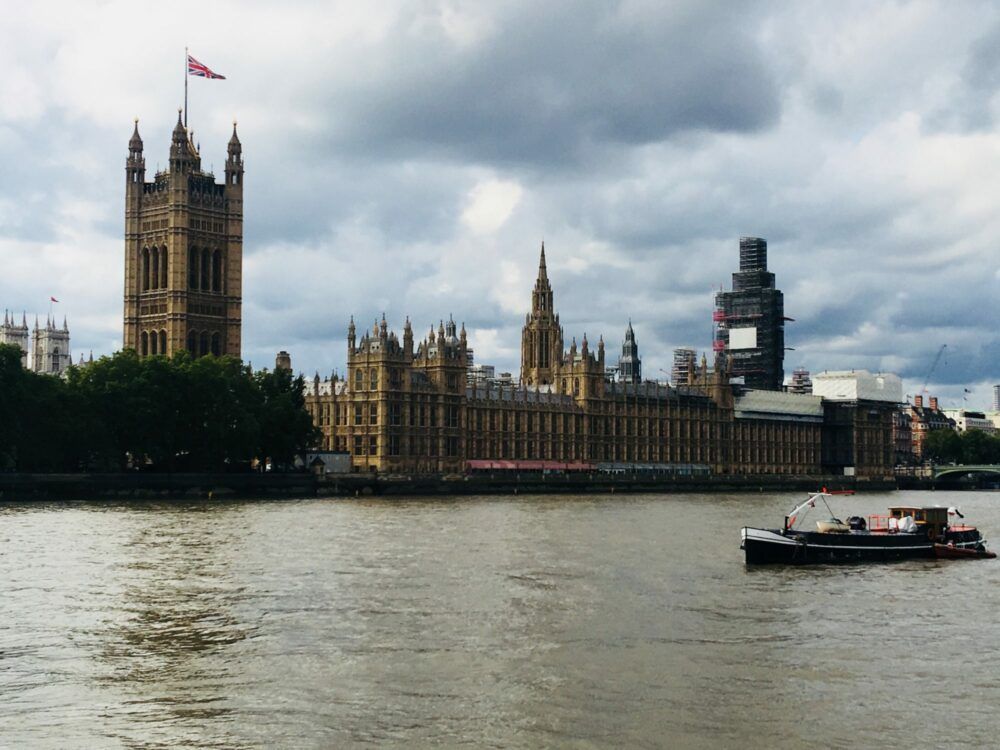UNITED NATIONS (AN) — Britain's ambassador to the United Nations linked Venezuela's gold holdings in the Bank of England to Venezuelan President Nicolás Maduro's grip on power — and his possible undoing.
Ambassador Karen Pierce told the U.N. Security Council at New York, in a letter made public on February 27, that the United Kingdom recognized Venezuela's National Assembly President Juan Guaidó as interim president of Venezuela until credible, free and fair elections can be held.









